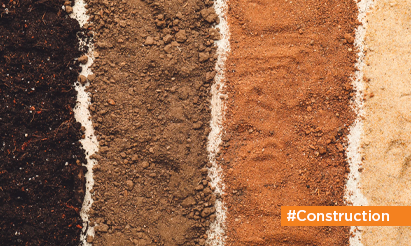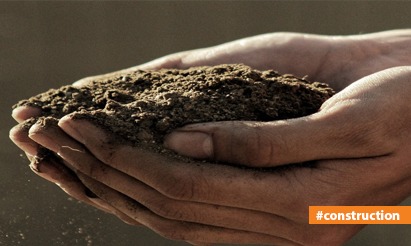Seal the Deal: Exploring Construction’s Go-To Waterproofing Solutions!
Waterproofing is an essential aspect of construction, whether you’re building a new structure or renovating an existing one. Proper waterproofing ensures that a building remains dry, structurally sound, and free from water-related damage. With a variety of waterproofing methods available, it’s crucial to understand your options to make informed decisions about your construction project. In this blog, we’ll explore some of the most popular waterproofing methods used in the construction industry.
1. Cementitious Waterproofing:
Cementitious waterproofing is one of the most commonly used methods for waterproofing concrete structures. It involves the application of a cement-based coating or a waterproofing mortar directly onto the surface. This method creates a durable and seamless barrier that prevents water from seeping through the concrete. Cementitious waterproofing is often used in basements, swimming pools, and water tanks.
Advantages:
- Effective in preventing water penetration.
- Can be applied to both new and existing structures.
- Durable and long-lasting.
Considerations:
- Requires proper surface preparation for optimal results.
- May crack over time if not applied correctly.
2. Bituminous Waterproofing:
Bituminous waterproofing involves the use of bitumen or asphalt-based materials to create a waterproof membrane. These materials are either torch-applied or self-adhesive, forming a continuous barrier that is resistant to water and moisture. Bituminous waterproofing is commonly used on roofs, foundations, and basements.
Advantages:
- Provides excellent water resistance.
- Suitable for both flat and sloped surfaces.
- Proven durability over the years.
Considerations:
- Application can be messy and require skilled labor.
- May require additional protection from UV rays if used on exposed surfaces.
3. Liquid Waterproofing Membranes:
Liquid waterproofing membranes are modern, versatile solutions for waterproofing. These liquid coatings are applied directly onto the surface and form a seamless, flexible, and elastic membrane when cured. They can be used on various surfaces, including concrete, metal, and wood. Liquid waterproofing is often applied to roofs, balconies, and terraces.
Advantages:
- Seamless and adaptable to various surfaces.
- Highly flexible, accommodating structural movement.
- Excellent resistance to UV rays and weathering.
Considerations:
- Requires proper surface preparation and skilled application.
- May require periodic maintenance and reapplication in high-wear areas.
4. Polyurethane Waterproofing:
Polyurethane waterproofing systems use polyurethane-based materials to create a waterproof barrier. These materials can be applied as liquid membranes, sealants, or foams. Polyurethane waterproofing is highly flexible and can withstand structural movements, making it suitable for use in areas prone to expansion and contraction.
Advantages:
- Excellent flexibility and crack-bridging capabilities.
- Resistant to UV radiation and weathering.
- Suitable for both horizontal and vertical applications.
Considerations:
- Professional application is essential for optimal results.
- May require periodic maintenance to ensure long-term effectiveness.
5. Bentonite Waterproofing:
Bentonite waterproofing is a unique method that utilizes bentonite clay panels or sheets. When hydrated, bentonite clay swells to create an impermeable barrier that blocks water penetration. This method is often used in below-grade construction, such as retaining walls and foundation walls.
Advantages:
- Effective and self-healing when small punctures occur.
- Environmentally friendly and non-toxic.
- Suitable for a range of soil conditions.
Considerations:
- Requires proper installation and compaction to ensure full effectiveness.
- Limited application to specific types of projects.
Choosing the right waterproofing method for your construction project depends on various factors, including the type of structure, the specific waterproofing requirements, and budget considerations. It’s essential to work with experienced professionals who can assess your project’s needs and recommend the most suitable waterproofing solution. Properly applied waterproofing not only protects your investment but also ensures the longevity and integrity of your building for years to come.
Disclaimer: The views expressed above are for informational purposes only based on industry reports and related news stories. PropertyPistol does not guarantee the accuracy, completeness, or reliability of the information and shall not be held responsible for any action taken based on the published information.




